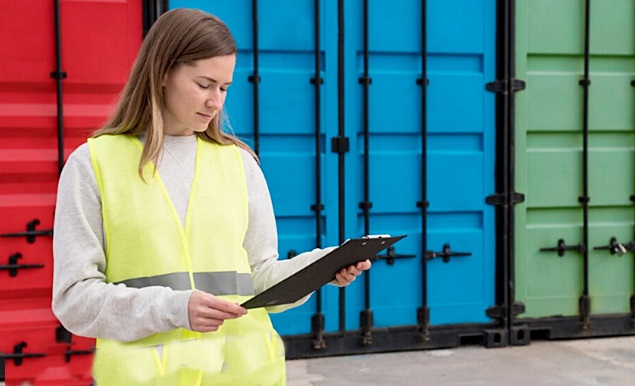1258

EU Organic Industry Urges Clarity on New Import Rules Amid Legal Uncertainty
The organic products industry within the European Union is urgently calling on the European Commission to clarify the new import rules set to be implemented in the near future.
This request comes amid rising uncertainty among operators in the organic sector, triggered by inspection bodies in third countries and a recent ruling by the Court of Justice of the European Union (CJEU).
Regulatory Context for Organic Imports
Regulation (EU) 2018/848, which came into force in January 2022, established the legal framework for organic production and labelling within the European Union.
It replaced Regulation (EC) No. 834/2007, aiming to harmonize organic standards across the EU, ensure fair competition, and maintain consumer trust in organic products.
Under this regulation, products imported from third countries must meet standards equivalent to those of the EU to be marketed as organic.
Inspection bodies in these countries are responsible for certifying product compliance, while the European Commission oversees the recognition and monitoring of these bodies.
Uncertainty Following CJEU Ruling
A recent CJEU ruling has added further complexity to the issue of organic imports.
The decision raised questions about the validity of certifications issued by certain third-country inspection bodies, as well as the procedures importers must follow to ensure compliance with EU standards.
This legal ambiguity has created considerable uncertainty among organic sector operators, who now fear potential disruptions to supply chains and negative impacts on their businesses.
Without timely clarification from the European Commission, there is a risk that some products may be held at customs or may lose organic status, thereby affecting both producers and consumers.
Industry Demands
Organic industry representatives are urging the European Commission to provide clear and concise guidance on how the new import rules will be implemented and how the recent CJEU decision will affect existing certifications.
They emphasize the need for transparent communication and an adequate transition period, allowing operators to adapt without suffering significant losses.
The industry also advocates for closer collaboration between EU authorities and inspection bodies in third countries to ensure alignment of standards and avoid discrepancies that could hamper trade in organic products.
Impact on the EU Organic Market
The EU has set an ambitious target: by 2030, 25% of agricultural land should be dedicated to organic farming. However, a recent study warns that the EU is "highly unlikely" to reach this goal unless it nearly doubles the current pace of progress.
In this context, the uncertainties surrounding new import rules and certification procedures could deter both producers and consumers, undermining the growth of the EU organic market.
To avoid this scenario, it is essential that European authorities issue the necessary clarifications and work closely with all stakeholders to ensure a smooth transition to the new regulatory framework.
A Call for Coordinated Action
The European organic sector is facing significant challenges due to the implementation of new import rules and the interpretation of the recent CJEU ruling.
To preserve trust in organic products and maintain the continuity of supply chains, it is imperative for EU authorities to provide clear guidance and enable effective cooperation among all involved parties.





